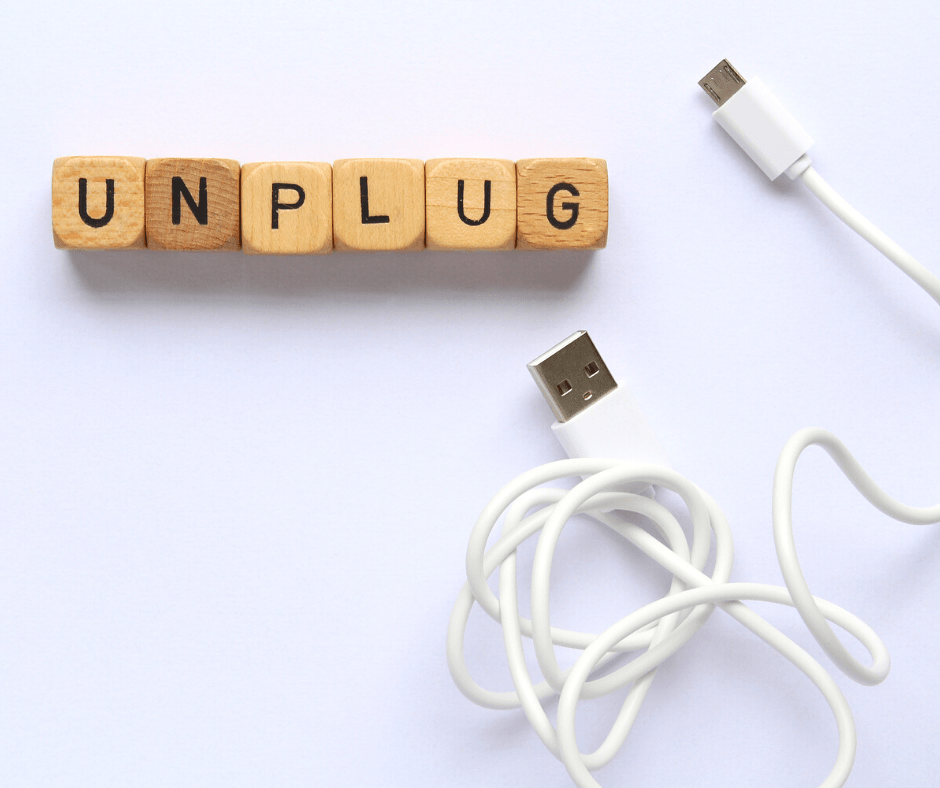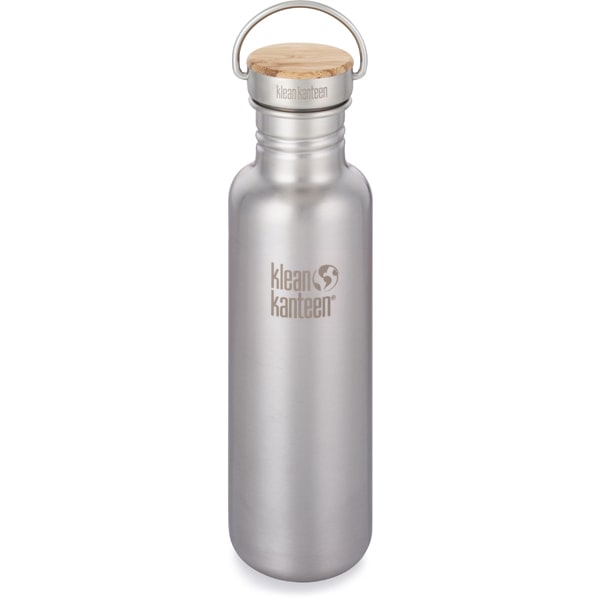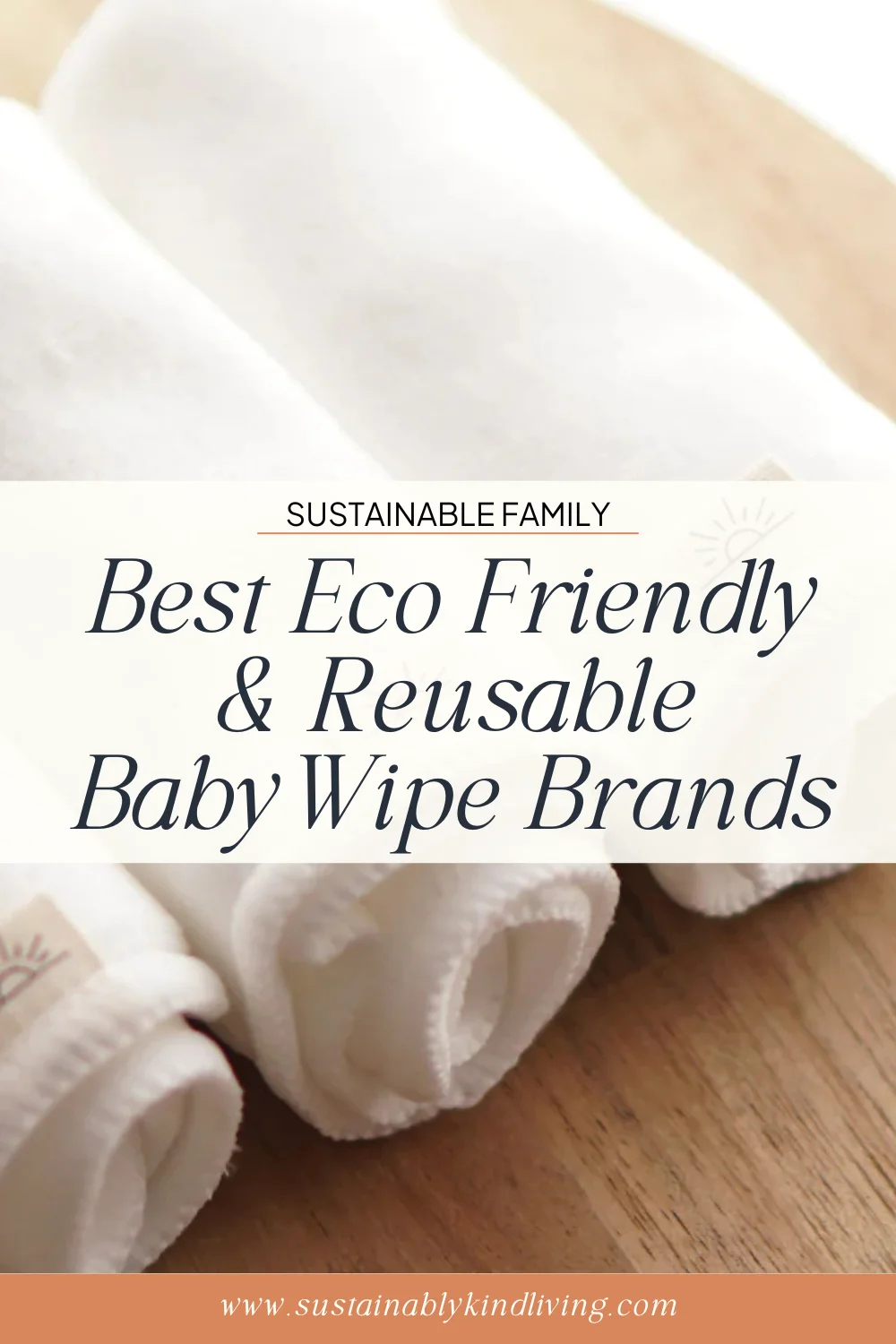SKL is reader supported. When you buy through links on our site, we may earn affiliate commission. Learn more here.
Who wouldn’t want to live a more sustainable lifestyle? Unfortunately, taking steps towards more eco-friendly habits may seem like a daunting mountain to climb – that is, if you don’t know where to begin. The key with becoming more sustainable, as with any new habit you’re trying to cultivate, is taking things one step at a time, without overcomplicating what you’re trying to achieve.
If you’re somebody who feels intimidated by sustainability and doesn’t know what to do first, you’ve come to the right place. In this article, we’ve put together some of our favourite ways to be more sustainable – small steps you can start taking today and repeat them until they become habits. Once you feel that you’ve successfully made one of these a habit, add another one and start building a more sustainable life.
- Switch to paperless services, utilities and more
How many letters do you get from utility companies, banks and other services? If you’re still receiving communication in printed format, it’s time to switch to paperless. Opting for digital communication with any services you may be using can save a ton of paper in the long run and is just a quick, small change anyone can take!
If you’re not already limiting your consumption of meat and other animal products, this might be the right time to start – that’s because their production (especially of beef, cheese and lamb) has a devastating effect on the environment. Animal agriculture uses up massive amounts of land, wastes plenty of water, produces tons of greenhouse gas emissions… and the list of environmental threats tied to it is only increasing with more research being released.
So, what is one to do? No, we’re not going to suggest that you go vegan overnight – because that would probably not be a very good way to build lasting habits. Instead, let us challenge you to have meat-free dinners as often as possible, to begin with.
- Buy local
Whenever you have the chance to choose between a locally made product and one that’s been transported across half the world… you probably know which one we’re going to suggest you choose! Buying local not only supports the economy in your area, it also reduces your carbon footprint.
- Invest in a reusable water bottle
Why drink expensive bottled water packaged in plastic, when tap water is perfectly safe to drink in most of the western world? Invest in a reusable stainless steel or glass water bottle and you’ll save both the environment and money. You could, of course, also reuse any old plastic water bottle – but sooner rather than later, some pretty nasty chemicals, alongside microscopic plastic particles, are going to begin to release into your drinks – we would not recommend doing this unless you absolutely can’t afford to purchase a more durable bottle.
- Wash your clothing on a lower temperature
You can save a lot of energy if you choose to lower the temperature you wash your clothing at – and its another quick and simple change that doesn’t require much commitment or habit building. Most of the electricity our washing machines consume goes towards heating water. Unless you’re washing greasy or super muddy clothes (or something that needs to be sanitized), 30 degrees is more than enough.
- Unplug your devices
Even when you’re not using your electronics or when they’re at full charge, they’re still consuming power – referred to as ‘energy vampires. Computers, TVs, gaming consoles or microwaves are just some examples of electronics you’re better off unplugging if you want to lower your carbon footprint, as well as your next electricity bill.

How much power will they consume? That depends on the type of device in question. While a phone charger plugged into a phone that’s already at full power consumes around 4.5 watts per hour, with a TV you could be consuming ten times more than that.
- Eat your leftovers
Wasting food is not just ethically problematic – wasted food also has a massive environmental footprint. Firstly, any resources needed to produce that food (water, land, energy, labour…) have gone to waste if the food wasn’t eaten. Secondly, when food waste is sent to landfills, it doesn’t just decompose like it would if it was composted. It lacks access to oxygen and emits methane: a greenhouse gas 84x more potent in the short run than CO2.
If you find that you frequently have a lot of leftovers, try freezing them for later, share them with friends or neighbours or pay more attention to quantities in the recipes you’re using to reduce the amount of leftovers you end up with.
- Use LED lightbulbs
This is a very simple one – switch to LED lightbulbs in your home, if you’re not already using them. They not only last longer than conventional lightbulbs, but they’re also much more energy efficient. This reduces your waste production and your energy consumption at the same time. Nowadays, there’s no excuse not to switch to LED lightbulbs.

- Carpool
You’re probably hearing everyone telling you to drive less anywhere sustainability-related. But what if you really can’t give up driving, maybe because your area has a bad public transport system? Then opt for carpooling – with friends, colleagues, or family – whenever you share the same journey. Five people taking the same route produces one-fifth of the carbon emissions each travelling in a separate car would produce!
- Limit your consumption of single-use plastic
Rather than an exact step, limiting your use of single-use plastic anytime you can is something to keep in mind as you go through your days. Bring a travel cup with you to a coffee shop, say no to a straw in your drink or buy clothes made from natural materials instead of synthetic. While this might be more complicated than, for example, switching out your lightbulbs, it’s a process that will help you reduce your impact on the environment substantially.
What will be your first step towards a more sustainable lifestyle? Let us know in the comments! If you’re already living more sustainably and swear by any changes we forgot to mention, share your thoughts with others.










+ show Comments
- Hide Comments
add a comment